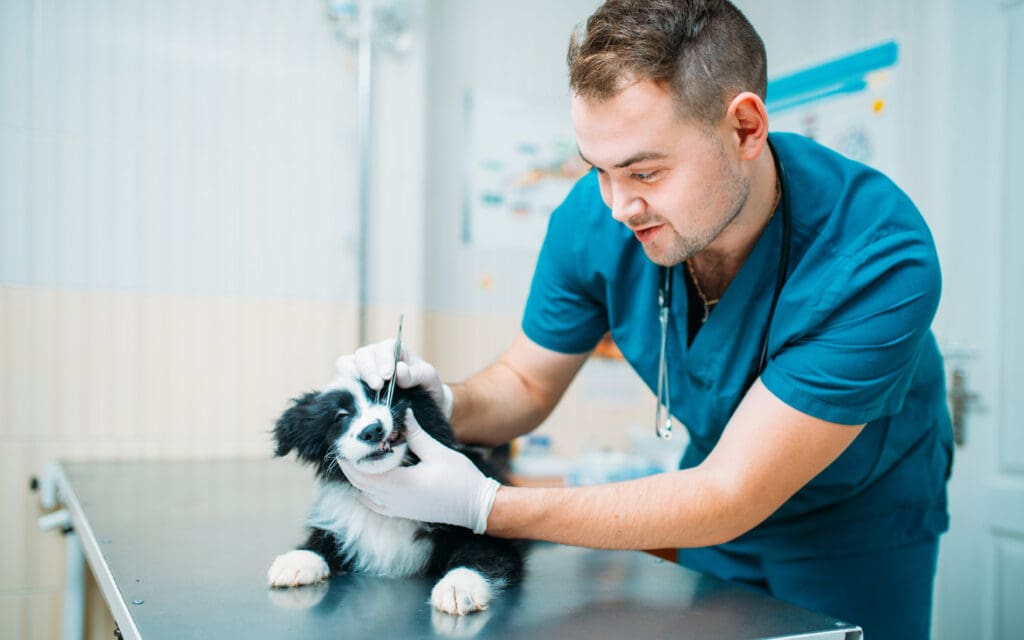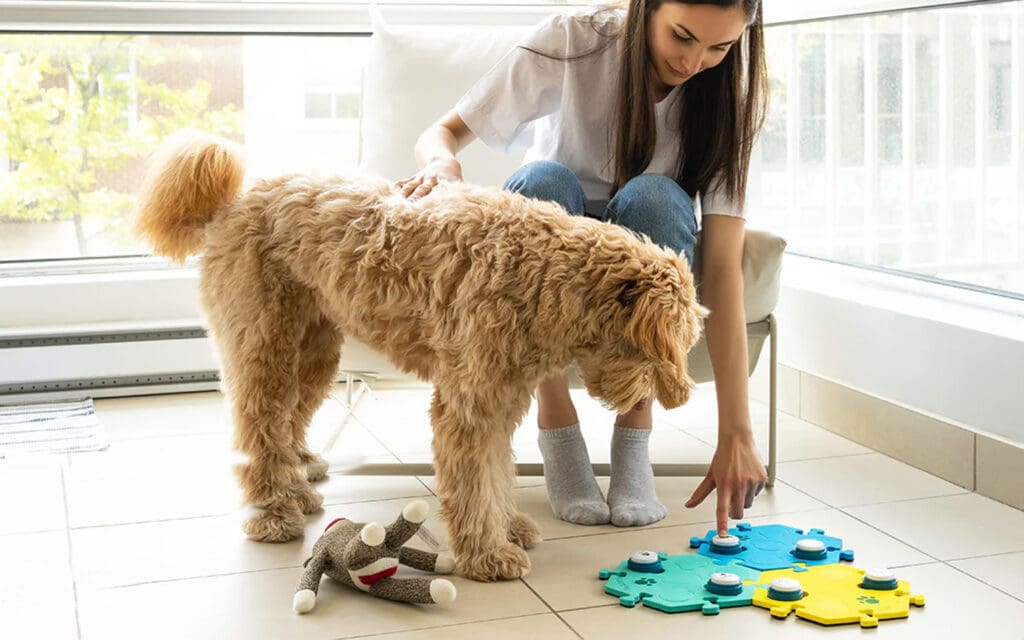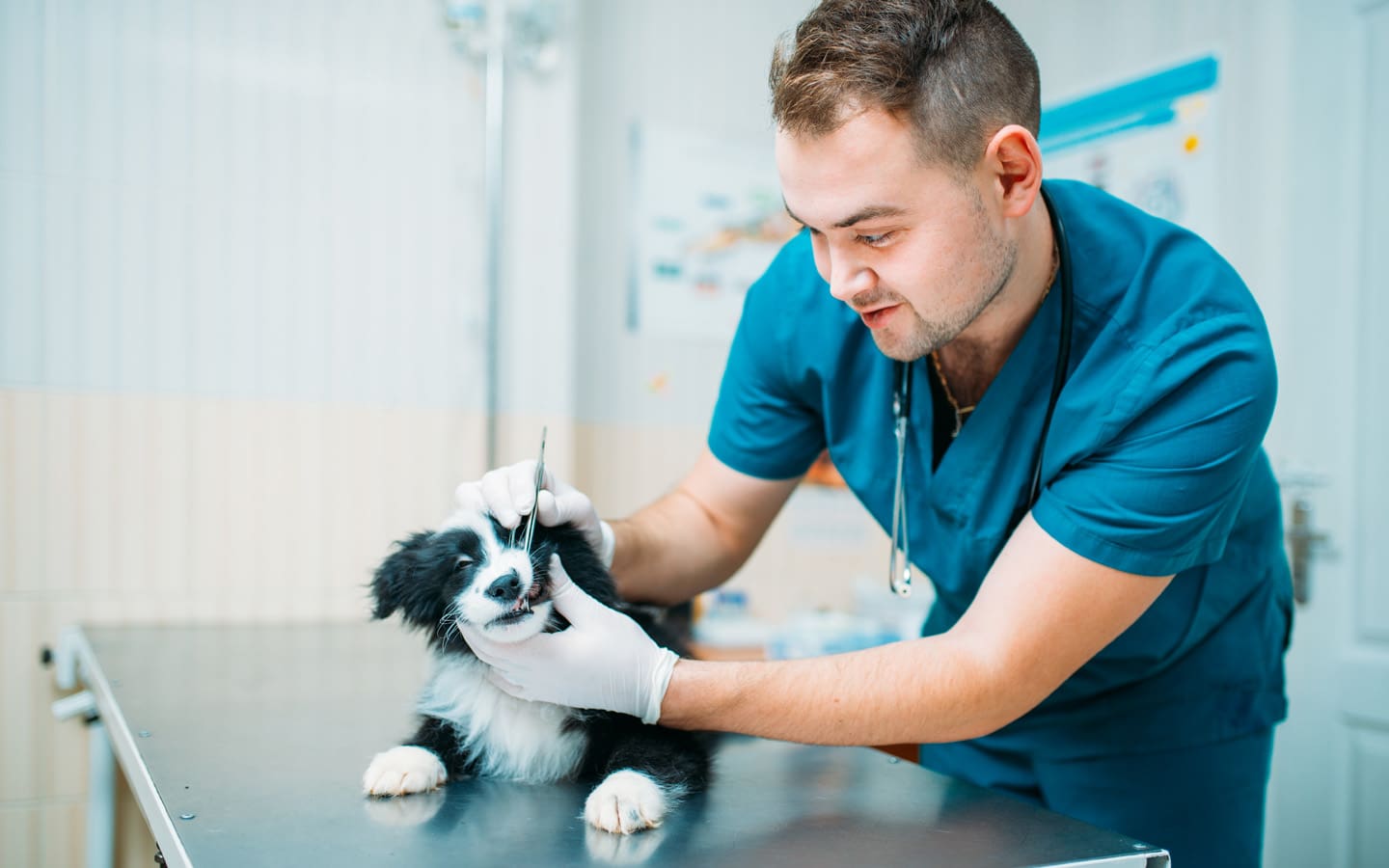Owning a pet brings immense joy and companionship, yet it also comes with significant responsibilities. Unfortunately, not all pet owners rise to the occasion, leading to distressing outcomes for their pets.
This article delves into the top 10 common traits of terrible pet owners, providing insight into behaviors and attitudes that can severely compromise animal welfare. From a lack of long-term commitment to impatience, understanding these pitfalls can help current and prospective pet owners become more mindful and responsible in their pet care practices.
10. Lack of Commitment to Long-Term Care

Some pet owners fail to recognize that pets are a long-term commitment, often lasting 10-15 years or more. They may lose interest or consider rehoming when faced with age-related health issues or increased care needs. This lack of dedication can lead to pets being surrendered or abandoned, causing emotional distress for the animal.
9. Disregard for Professional Advice

Terrible pet owners often ignore or dismiss veterinary recommendations, putting their pets at risk. They may refuse vaccinations, skip preventative care, or disregard treatment plans for existing conditions. This behavior stems from overconfidence in their own knowledge or distrust of medical professionals, ultimately compromising their pet’s health and well-being.
8. Inability to Set Boundaries

Terrible pet owners often struggle to establish and enforce boundaries with their pets. This can lead to behavioral issues, such as excessive jumping, begging, or invading personal space. Setting clear boundaries through consistent training and positive reinforcement is crucial for a well-behaved pet and a harmonious household. Failure to do so can result in stressed pets and frustrated owners.
7. Excessive Anthropomorphism

Attributing human characteristics to pets excessively can lead to misunderstanding their needs and behaviors. While empathy is important, treating pets as if they were human can result in inappropriate care, unrealistic expectations, and neglect of their natural instincts. Balancing affection with respect for a pet’s true nature is crucial for responsible ownership.
6. Unwillingness to Learn and Adapt

Terrible pet owners often resist educating themselves about proper animal care and behavior. They may ignore advice from veterinarians or trainers, refusing to adapt their methods when problems arise. This stubbornness can lead to persistent behavioral issues and health problems in their pets, ultimately affecting the animal’s well-being and quality of life.
5. Impulsiveness in Pet Acquisition

Impulsive pet adoptions can be just as successful as planned ones, according to a study by the American Humane Association. However, impulse buyers often fail to consider long-term commitments and responsibilities. This trait can lead to inadequate preparation, financial strain, and potential pet abandonment, especially among younger pet owners like Millennials.
4. Neglectful Tendencies

Neglectful pet owners often leave their animals alone for extended periods, failing to provide adequate food, water, or attention. They may forget to clean litter boxes, skip vet appointments, or ignore signs of illness. This behavior can lead to serious health issues and emotional distress for pets, compromising their overall well-being.
3. Inconsistency in Rules and Training

Inconsistent pet owners confuse their animals by constantly changing rules and commands. They might allow jumping one day and scold for it the next, or use different words for the same command. This unpredictability leads to stressed, anxious pets who struggle to understand expectations, hindering their ability to learn and behave appropriately.
Related: 10 Ways to Improve Your Dog’s Destructive Behavior
2. Lack of Empathy and Compassion

Terrible pet owners often display a striking lack of empathy and compassion towards their animals. They fail to understand or respond to their pets’ emotional needs, disregarding signs of distress or discomfort. This trait can lead to neglect, inadequate care, and even abuse, as the owner prioritizes their own convenience over the well-being of their pet.
Related: Strange Dog Behaviors and Warning Signs to Watch For
1. Impatience and Short-Temperedness

Impatient pet owners often struggle to understand their animals’ needs and behaviors, leading to frustration and potential mistreatment. These owners may rush training, expect immediate results, or become easily angered by normal pet behaviors. Such impatience can damage the human-animal bond and hinder a pet’s development, potentially causing long-term behavioral issues.
Related: Common Dog Behaviors and What They Mean






